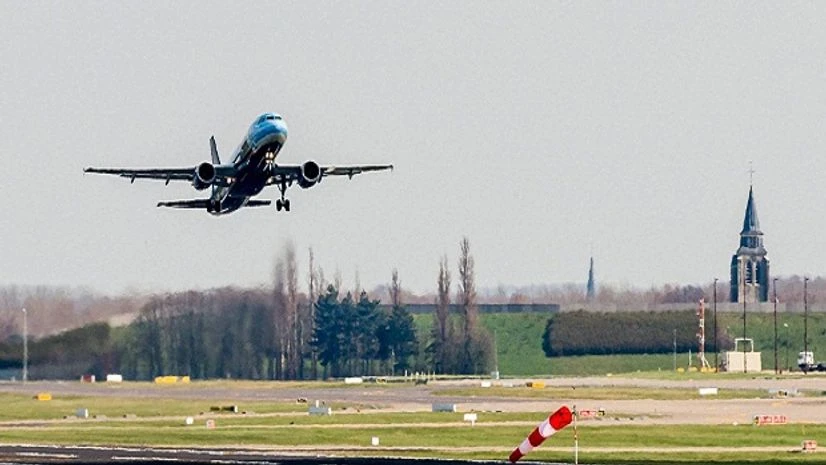After years of delays and failures, the airline industry on Wednesday began complex negotiations to implement a scheme to reduce its carbon footprint.
Although the aviation sector was exempted from the December 2015 Paris accord on reducing greenhouse gas emissions linked to global warming, aviation officials are mindful of the need to curb the sector's growing CO2 emissions.
Climate change topped the agenda at the opening of the International Civil Aviation Organization's (ICAO's) triennial meeting on Wednesday.
"The global aviation network currently manages some 10 million passengers and 100,000 flights daily, with international aviation contributing 1.3 percent a year to global man-made CO2 emissions," ICAO President Olumuyiwa Benard Aliu said.
ICAO delegates are expected to adopt by consensus a climate scheme called the Carbon Offset and Reduction Scheme for International Aviation, or CORSIA.
Its goal is to cap airline CO2 emissions by 2035 at 2020 levels.
Although climate activists have panned the initiative, the aviation sector says the target is ambitious and a real challenge, considering that the number of flights and passengers are expected to double during that period.
To meet the target, CORSIA would be implemented in two phases, starting with a voluntary phase and then making it mandatory in 2027.
The aviation industry must first agree to adopt an existing set of international standards for measuring emissions, which would allow airlines to buy credits from companies in other sectors at market rates.
CORSIA has opponents, however. Russia and India objected to its adoption on the eve of the ICAP meeting.
India's minister of civil aviation, Gajapathi Ashok, said: "We do not agree on a freezing of emission at 2020 levels."
"This would be regressive and hurt the aviation sector... especially for countries where aviation sector is not mature," he added.
Russian Deputy Transport Minister Valery Okulov was also critical, saying it "will not reduce the volume of greenhouse gases, but rather increase it".
CORSIA, he predicted, will "negatively influence the development of civil aviation".
Steele, however, said delegates don't have much choice but to adopt CORSIA. There is "no plan B," he said.

)
